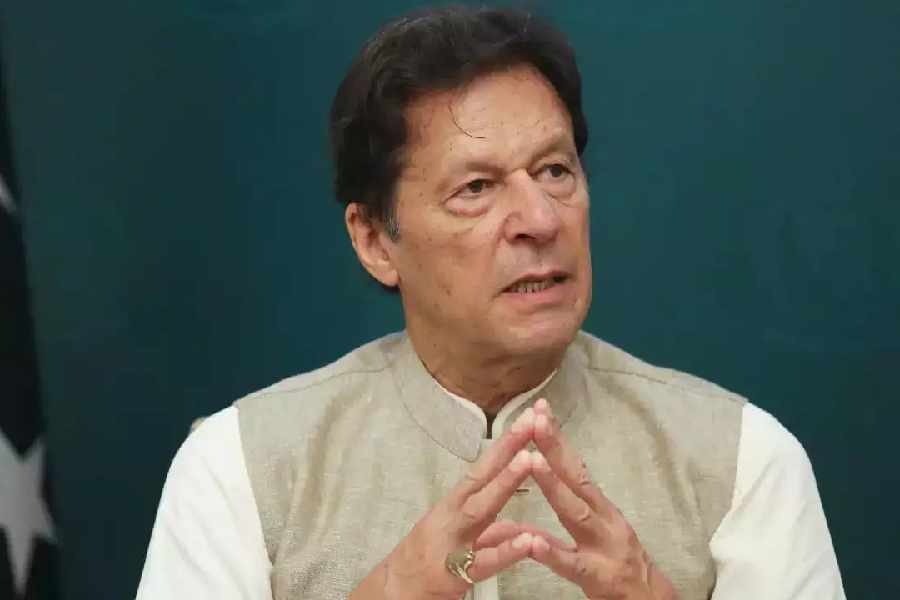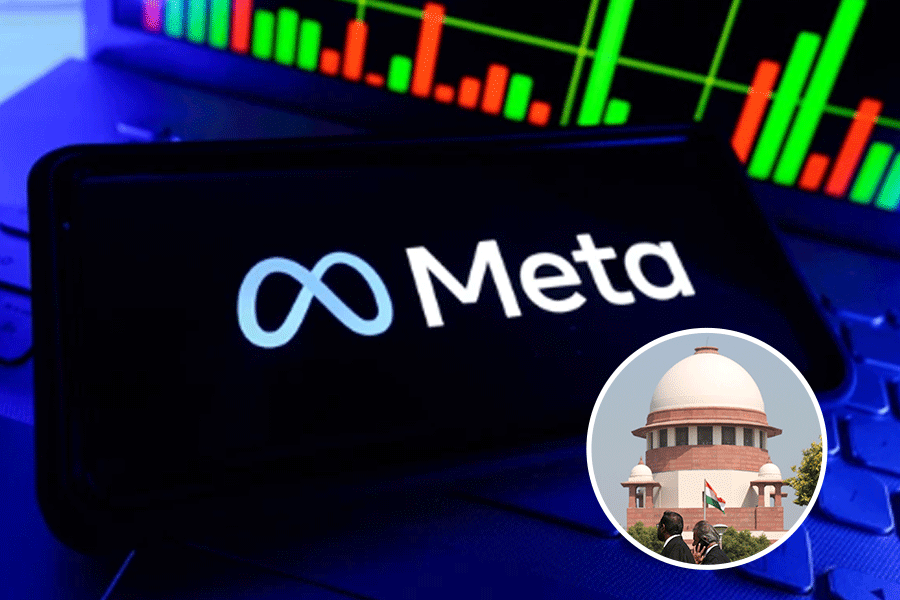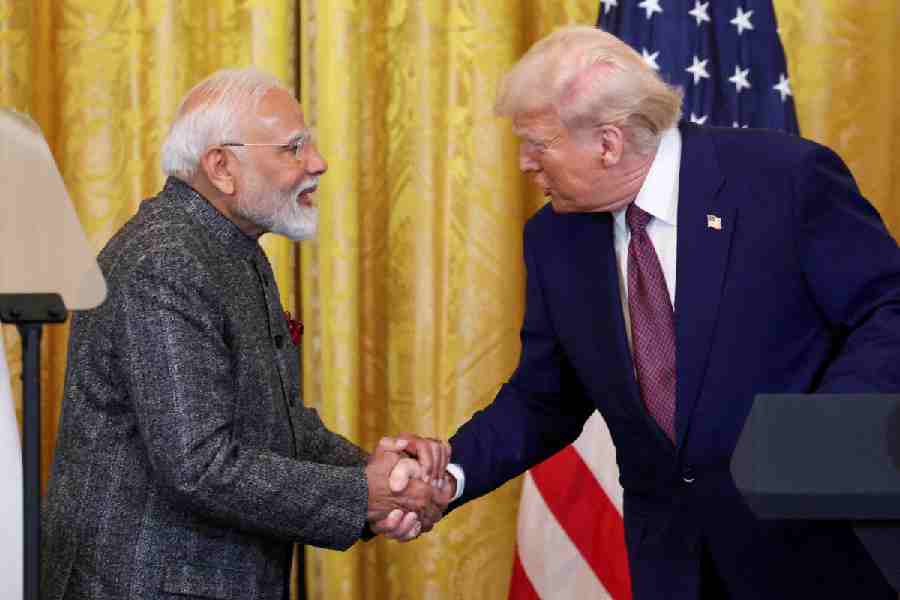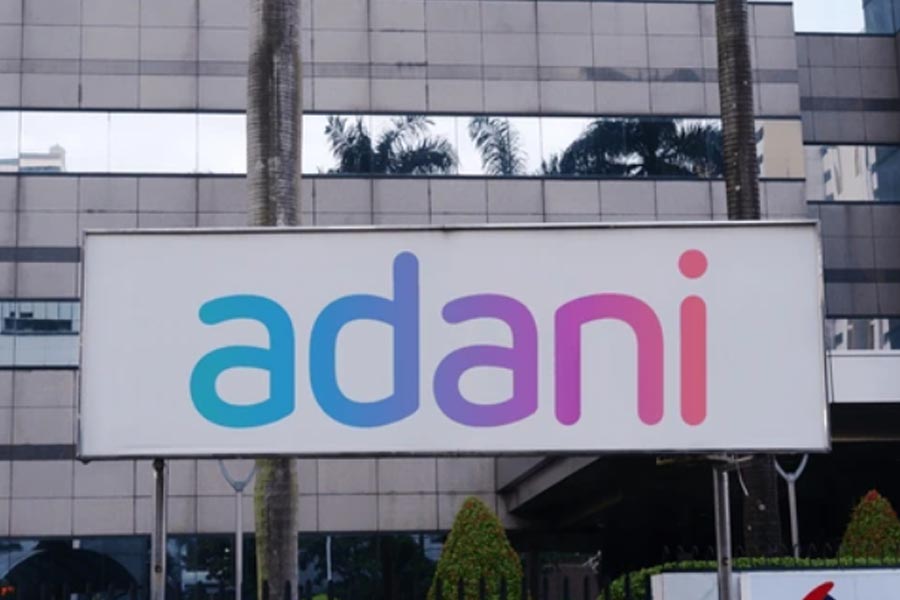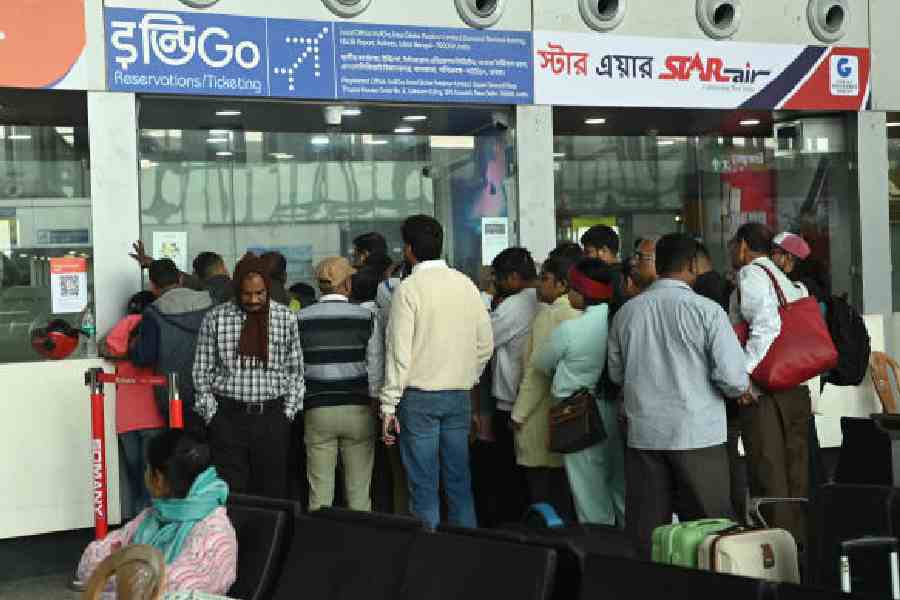The arrest of former Prime Minister Imran Khan and the widespread violence in its wake showed that “removing” him from the picture would solve nothing and it would only plunge the cash-strapped country further into "chaos and unrest", Pakistan's leading newspapers commented on Wednesday.
“Imran Khan has been arrested, and the Rubicon crossed. The breakout of fresh hostilities between the PTI and the state means any hopes of a negotiated breakthrough in the ongoing political stalemate can be put to rest,” the Dawn newspaper wrote in an editorial.
Though interior minister Rana Sanullah linked the arrest with a corruption investigation, the recent developments and Khan’s fresh confrontation with the armed forces suggest that he may have been picked up for an entirely different reason, it said.
“The fact that it was the Punjab Rangers and not the Islamabad Police which was sent in to nab him from the Islamabad High Court’s premises seems to support the latter thesis,” the newspaper pointed out.
The 70-year-old former cricketer-turned-politician was taken into custody by the paramilitary Rangers on Tuesday on the orders of the National Accountability Bureau (NAB) by barging into a room of the Islamabad High Court when he came to attend a corruption case hearing.
"The country is undergoing a poly-crisis at the moment and it appears that none of the stakeholders are focused on firefighting. Political leaders are prioritising short-term interests over those of the nation, and that is applicable across the board," the Nation newspaper commented.
As far as Khan is concerned, his routine tirades are only increasing polarisation across the country and are bringing disrepute to the country’s institutions at a time when you need all hands on deck, it said, apparently referring to the serious economic crisis faced by Pakistan.
Pakistan is tackling a major economic crisis as it awaits a much-needed USD 1.1 billion tranche of funding from the Washington-based International Monetary Fund, part of a USD 6.5 billion bailout package the IMF approved in 2019.
"This development will only plunge the country further into chaos and unrest. Even if the arrest is legal, the optics surrounding it are quite problematic. This was part of a NAB investigation, but there was no NAB officer present at the time of the arrest," the paper added.
The Dawn newspaper further opined that the violence and protest showed that public anger was directed at the military and the video footage recorded at various protests suggested that the people were angry enough to cross lines no one dared cross before.
Protests broke out in the country as the news of Khan’s arrest went viral, with his supporters armed with batons targeting the installations of security institutions, including the General Headquarters of the Pakistan Army.
They paid no heed to the imposition of Section 144 that outlawed gatherings in Punjab, Balochistan and major places in the Khyber-Pakhtunkhwa province.
Some of the worst incidents of violence and vandalism were reported from Lahore, Peshawar, Quetta, Karachi and Rawalpindi.
The PTI overnight claimed at least two deaths and dozens of injuries of its workers in clashes with law enforcement agencies.
The events of the last 13 months have seen the military’s past — especially with respect to its political meddling — rapidly catching up with it amidst Pakistan’s unprecedented poly-crisis, the Dawn newspaper wrote in an editorial.
When Khan recently once again accused a senior intelligence officer of conspiring to assassinate him, Khan was well aware that he was, in fact, pointing a finger directly at the present military leadership. He over the past year has rallied enough public support behind him that his words now carry a weight that the establishment seems to feel it can no longer ignore.
“However, removing Khan from the picture solves nothing. Instead, as the protests yesterday showed, arresting him may have deeply fractured the historic compact between the people and the country’s armed forces,” the editorial in the Dawn read.
The provocation of Khan’s arrest has only led the government and establishment deeper into controversy and will engender even greater public distrust in their policies. This is the last thing the country needs, teetering as it is on the verge of an all-out default, it said.
No matter how strongly the current military leadership wants the public to forget its role in political engineering, it cannot simply wish away perceptions that have solidified over months and years.
Violence and confrontation are never an answer to political challenges, especially not when the economy is on the ventilator and people are looking to vent their anger over the daily despair that now defines their lives.
The government, too, needs to undertake serious confidence-building measures if it wishes to rebuild trust with the citizenry. As long as elections continue to be postponed and the public silenced, continued confrontation will only drive even more wedges between the people and the state, according to the editorial.
According to News International, there may be consequences in Tuesday’s happenings for both the PTI and Pakistan’s democratic setup in the long term.
"Imran Khan is a popular leader but this is not the first time in Pakistan’s history that a popular leader has been arrested. Some would say what the PTI does next could well determine Pakistan’s politics. But more astute students of history may say that in the real Pakistan, the game may now be out of political hands," it said in its editorial.
The arrest of Khan, who was ousted in a no-confidence vote in April 2022, represented the latest confrontation to roil Pakistan.
The country was facing a deadlock over the timing of provincial and federal elections, an issue that has rocked the country's politics for months.
The talks were held in the backdrop of the controversy with Khan's PTI party seeking early polls - particularly in Punjab and Khyber Pakhtunkhwa provinces where assemblies were dissolved in January - and the government led by the Pakistan Muslim League-Nawaz (PML-N) maintaining that provincial and federal elections across the country be held on the same day in October.
However, Pakistan's coalition government and Khan's party made "big progress" after they agreed to hold simultaneous elections under caretaker governments across the country but failed to reach a consensus on the date of the polls.
Except for the headline, this story has not been edited by The Telegraph Online staff and has been published from a syndicated feed.

